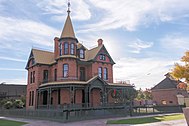Electrician in Clarkdale
Electrician Clarkdale
Hiring a full-time or part-time electrician. Before you choose an electrician, make sure to check their qualifications. A licensed electrician is a must-have, but it's not the only factor to consider. Other factors such as experience, reputation, and skill level should be considered as well. When hiring an electrician, it's best to avoid going with the cheapest one; instead, look for a professional who has a good track record in the field.
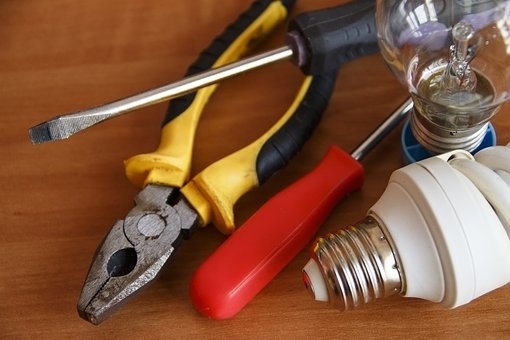
Electricians Clarkdale
A rough-in electrician inspection is recommended if you're building a house or remodeling an existing one. These inspections can be very important as wiring cannot hide behind ceilings, flooring, walls, or ceilings. It is important to know that rough-in inspections can have additional costs. These are just a few of the things you should look for when conducting an electrical inspection.
Electrician in Clarkdale
An electrician's assessment will help you identify which electrical repairs are required and which ones don't. A professional who takes the time to do a great job should be asked for photographic evidence. An electrician who goes beyond the call of duty may be able to recommend ways to keep your home safe and cost-effective. There are many factors that influence the cost of an electric inspection. These include the size of the house and the wiring.

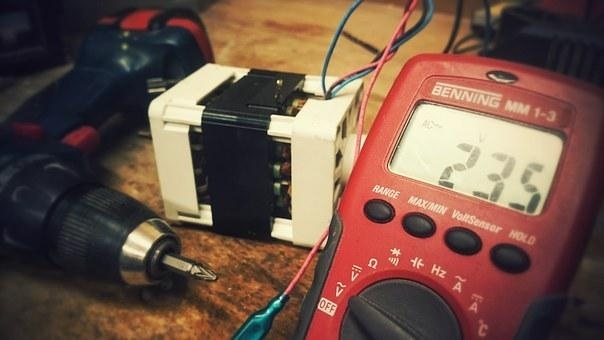
Electricians Clarkdale
If you're worried about the cost of an electrician, ask for references or reviews before making a decision. If you're working on a budget, it's important to hire someone with the skills and experience to meet your needs. Make sure to prioritize experience and license overprice. It is always better to hire a master or journey-level electrician with thousands of hours of experience. The more experience and expertise of a professional electrician have, the more likely you'll receive quality work.
Clarkdale Electrician
Ask your electrician about their education and licensure. Unlicensed electricians may not be licensed to work in your region. This is a great way to confirm that they are reputable. You can also ask for their names to get a sense of their reputation. This will help you assess the quality of their work. Ask about their licenses and insurance coverage. You will be able to make an educated decision when hiring an electrician.
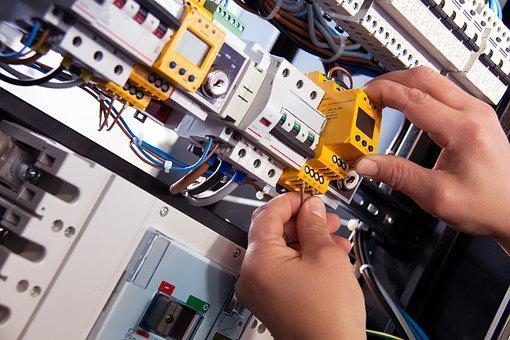
Electrician Clarkdale AZ
Find out the eligibility and credibility. Verify if the contractor meets all the legal, professional and safety requirements. Hiring registered, insured and qualified electrical contractors ensures that you are protected in case anything goes wrong. Good references from past clients mean that the contractor is reliable and you can trust them with your project.
Electrician in ClarkdaleElectricians Clarkdale Arizona
The homeowner should label their electrical box before an electrician arrives. This will allow them to quickly identify the problem. Also, the electrician needs to have access electrical boxes. Make sure that it is not locked or unlocked. It is important that you schedule the inspection at least two hours in advance of your scheduled appointment. The electrician should arrive at least two hours before your scheduled appointment time. While the electrician is in the house, he will be inspecting the main electric panel to ensure it is current and safe. The main panel should always be grounded and the breaker should be matched.
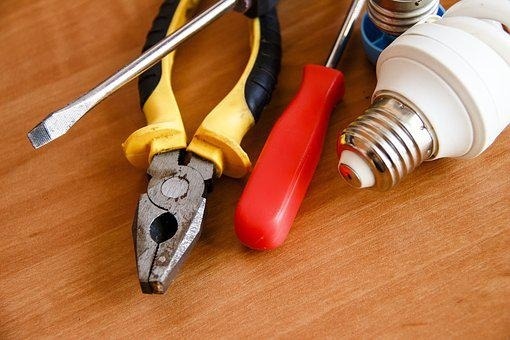
About Phoenix AZ
Phoenix, Arizona
|
Phoenix, Arizona
|
|
|---|---|
| City of Phoenix | |
|
Clockwise, from the top: Downtown Phoenix, St. Mary's Basilica, Rosson House, Mystery Castle, Camelback Mountain, Arizona State Capitol, Arizona Science Center, Chase Tower, and the Papago Park
|
|
|
|
|
| Nickname(s):
"Valley of the Sun", "The Valley"
|
|

Interactive map of Phoenix
|
|
Coordinates:  33°26′54″N 112°04′26″WCoordinates: 33°26′54″N 112°04′26″WCoordinates:  33°26′54″N 112°04′26″W 33°26′54″N 112°04′26″W |
|
| Country | United States |
| State | Arizona |
| County | Maricopa |
| Settled | 1867 |
| Incorporated | February 25, 1881 |
| Founded by | Jack Swilling |
| Named for | Phoenix, mythical creature |
| Government | |
| • Type | Council-Manager |
| • Body | Phoenix City Council |
| • Mayor | Kate Gallego (D) |
| Area | |
| • State Capital | 519.28 sq mi (1,344.94 km2) |
| • Land | 518.27 sq mi (1,342.30 km2) |
| • Water | 1.02 sq mi (2.63 km2) |
| Elevation | 1,086 ft (331 m) |
| Population
(2020)
|
|
| • State Capital | 1,608,139 |
| • Estimate
(2021)[3]
|
1,624,569 |
| • Rank | 5th in the United States 1st in Arizona |
| • Density | 3,102.92/sq mi (1,198.04/km2) |
| • Metro | 4,845,832 (11th) |
| Demonym | Phoenician |
| Time zone | UTC−07:00 (MST (no DST)) |
| ZIP Codes |
85001–85099
|
| Area codes | |
| FIPS code | 04-55000 |
| GNIS ID(s) | 44784, 2411414 |
| Major airport | Phoenix Sky Harbor International Airport |
| Secondary Airports | Deer Valley Airport Phoenix–Mesa Gateway Airport |
| Interstates | |
| U.S. Highways | |
| State Routes | |
| Public transportation | Valley Metro |
| Website | www |
Phoenix (/ˈfiːnɪks/ FEE-niks; Navajo: Hoozdo; Spanish: Fénix or Fínix,[citation needed] Walapai: Banyà:nyuwá[5]) is the capital and most populous city of the U.S. state of Arizona, with 1,608,139 residents as of 2020.[6] It is the fifth-most populous city in the United States,[7] and one of only two U.S. state capitals with a population of more than one million residents, along with Austin, Texas.[8][9][10]
Phoenix is the anchor of the Phoenix metropolitan area, also known as the Valley of the Sun, which in turn is part of the Salt River Valley. The metropolitan area is the 11th largest by population in the United States, with approximately 4.85 million people as of 2020.[9] Phoenix, the seat of Maricopa County, has the largest area of all cities in Arizona, with an area of 517.9 square miles (1,341 km2), and is also the 11th largest city by area in the United States.[11] It is the largest metropolitan area, both by population and size, of the Arizona Sun Corridor megaregion.
Phoenix was settled in 1867 as an agricultural community near the confluence of the Salt and Gila Rivers and was incorporated as a city in 1881. It became the capital of Arizona Territory in 1889.[12] It is in the northeastern reaches of the Sonoran Desert and has a hot desert climate.[13][14] Despite this, its canal system led to a thriving farming community with the original settlers' crops remaining important parts of the Phoenix economy for decades, such as alfalfa, cotton, citrus, and hay.[15][16] Cotton, cattle, citrus, climate, and copper were known locally as the "Five C's" anchoring Phoenix's economy. These remained the driving forces of the city until after World War II, when high-tech companies began to move into the valley and air conditioning made Phoenix's hot summers more bearable.[17]
The city averaged a four percent annual population growth rate over a 40-year period from the mid-1960s to the mid-2000s.[18] This growth rate slowed during the Great Recession of 2007–09, and has rebounded slowly.[19] Phoenix is the cultural center of the state of Arizona.[20] Phoenix is also majority minority, with 42.6% of its population identifying as Hispanic and 42.5% as "white" in the 2020 census.[21]




